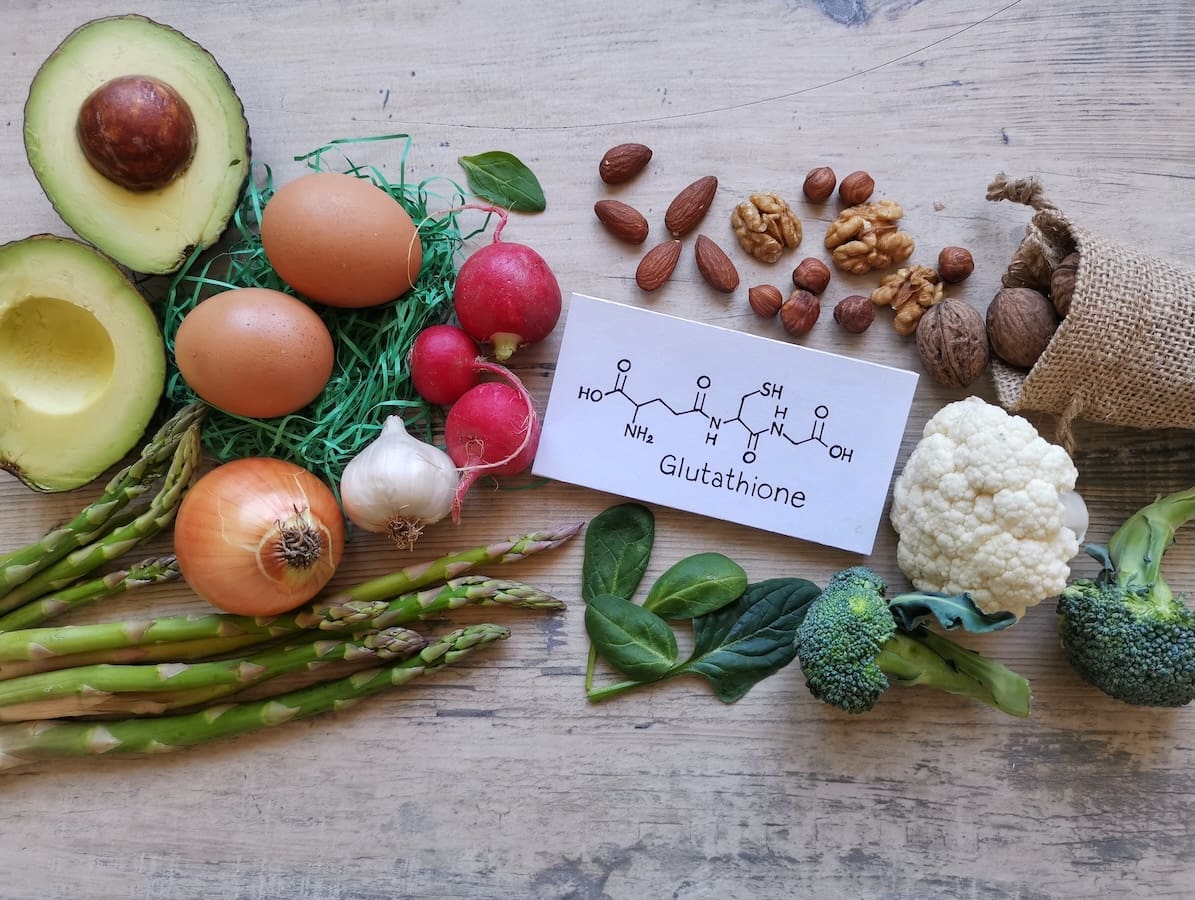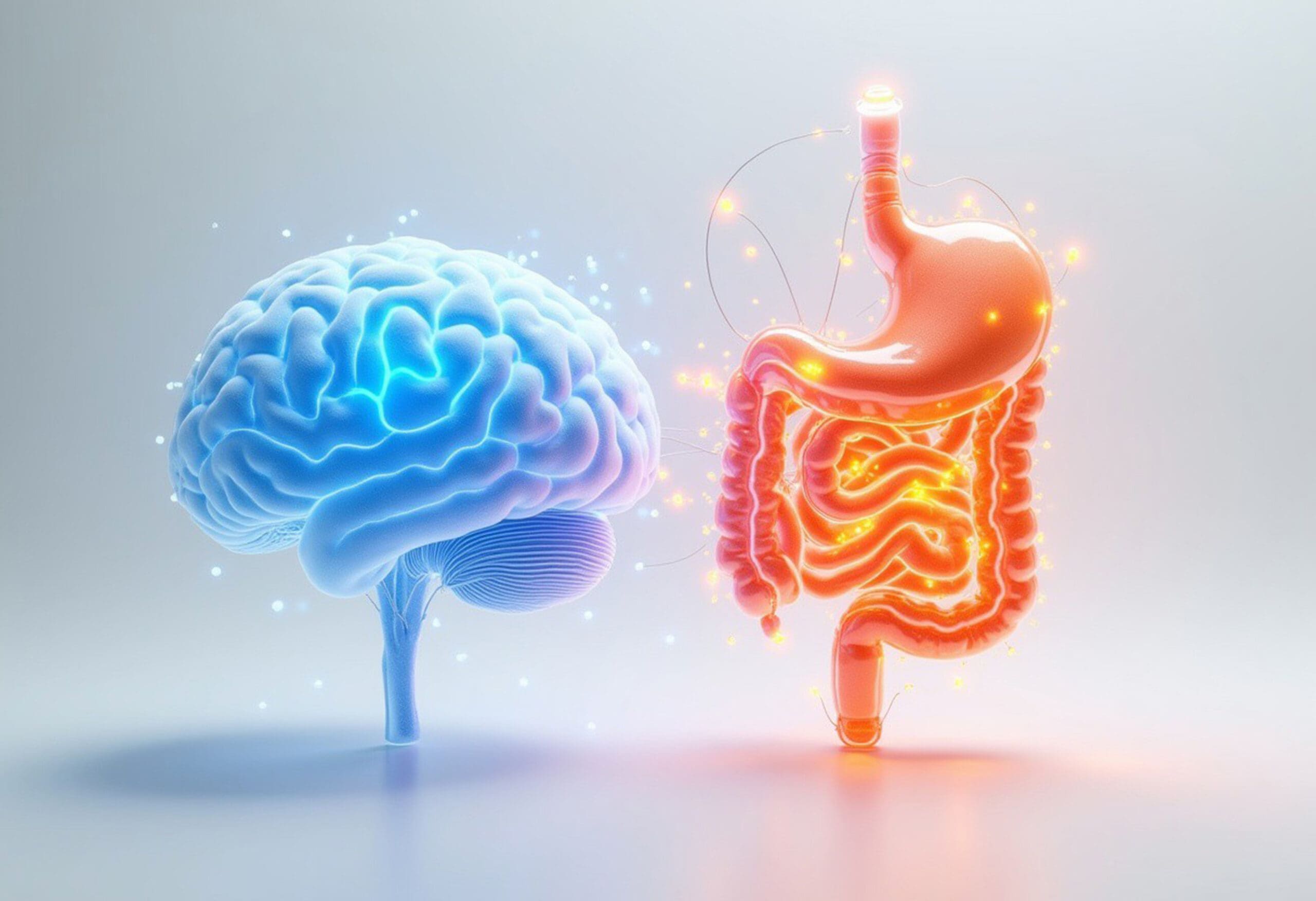Is Candida overgrowth driving your sugar cravings?
By naturopath Margaret Jasinska
Most of us struggle with sugar cravings at some point. Perhaps it’s when we’re tired, feeling anxious or procrastinating over something. Other people spend the better part of each day trying to fight off sugar cravings. This makes it impossible for them to stick with a healthy diet for any length of time. Having a Candida overgrowth in your gut might be the culprit.
Candida overgrowth in your intestines can make you feel tired, irritable and give you a foggy head and poor concentration. It can also cause intense carbohydrate cravings.
The thing is, eating sugar promotes the growth of intestinal yeast, and having too much yeast in your gut makes you crave sugar. Candida is a type of yeast that is naturally present in everyone’s digestive tract; however if your immune system is weak and your digestion is poor, Candida levels can get out of control. Because it is a yeast, it needs sugar in order to grow. Treating Candida overgrowth can be tough because many different foods we eat are digested into sugar eventually, and can potentially feed this yeast.
I am not in favour of extremely strict anti Candida diets because I think it’s more important to address the digestive problems and immune system problems that encouraged Candida overgrowth in the first place. Strict anti Candida diets can be overly restrictive and very difficult to maintain. They are also not all that effective if your body doesn’t produce sufficient stomach acid or digestive enzymes.

Symptoms of Candida overgrowth
Everyone has small amounts of Candida growing in their digestive tract, on their skin, in the mouth and women have some growing in their vagina. In low levels, this yeast does not cause any health problems. Overgrowth of Candida in the gastrointestinal tract is very common, especially after a course of broad spectrum antibiotics. Steroid medication and the oral contraceptive pill also encourage Candida growth.
Symptoms of excess Candida in the digestive tract include digestive discomfort (gas, bloating, diarrhoea), fatigue, headache, muscle and joint pain, blocked sinuses, sugar cravings, recurrent vaginal yeast infections, recurrent urinary tract infections, depression, foggy head and poor concentration, food and chemical sensitivities and sleep problems. These can also be symptoms of other health conditions, so it is important to see your doctor who can give your health a thorough check.
The worst consequence of the development of Candida infection is leaky gut syndrome. If there are high levels of Candida growing in your digestive tract, they compromise the structural integrity of your gut lining. This means your gut becomes more permeable than it should be; allowing high levels of toxins naturally present in the bowel to gain access to your bloodstream. Leaky gut syndrome is a forerunner to allergies, food intolerance, multiple chemical sensitivity, chronic fatigue syndrome and autoimmune disease. Not everyone with a leaky gut will develop one of these problems; some people just feel sick and tired their entire life but never develop one of these illnesses. Your genes play a big role here in determining which health problems you may develop.
If you have high levels of Candida growing in your digestive tract, you are prone to developing Candida infections elsewhere in your body. The most common spots include the skin, particularly the feet (tinea or athlete’s foot), fungal nail infections, vaginal yeast infections (thrush), yeast diaper rash in infants or oral thrush. Treating the yeast overgrowth in the bowel is the key to overcoming each of these infections.

How to overcome Candida
Diet is the key. Because Candida thrives on sugar, it is very important to avoid consuming foods that contain added sugar, as well as refined carbohydrates that are quickly broken down into sugar. It is also important to avoid consuming gluten and dairy products because they promote the development of leaky gut in all people; not just the ones with sensitivities to these foods. Please also avoid consuming foods that contain yeast (such as bread and some alcohol), and limit fruit to one or two serves per day. Therefore it is best to base your diet on protein, vegetables and good fats. There is more information in the book Healthy Bowel, Healthy Body.
Glutamine is an essential remedy for helping to overcome leaky gut syndrome because it literally helps to heal and seal the gut lining. Glutamine is a type of protein which is used as fuel by the cells lining your entire digestive system. Therefore it has healing and soothing properties and is very valuable for an irritated or inflamed digestive tract.
There are also herbal remedies that have natural anti-microbial effects and can help to kill Candida and bad bacteria in the gut. By cleaning up the environment in your intestines and restoring a healthy balance of good bacteria, you will be less likely to develop a Candida infection. Getting rid of excess Candida can give you a dramatic improvement in energy and overall wellbeing. If you have been suffering with low energy, low mood, sugar cravings and digestive discomfort for some time, Candida overgrowth may be to blame.









Leave A Comment